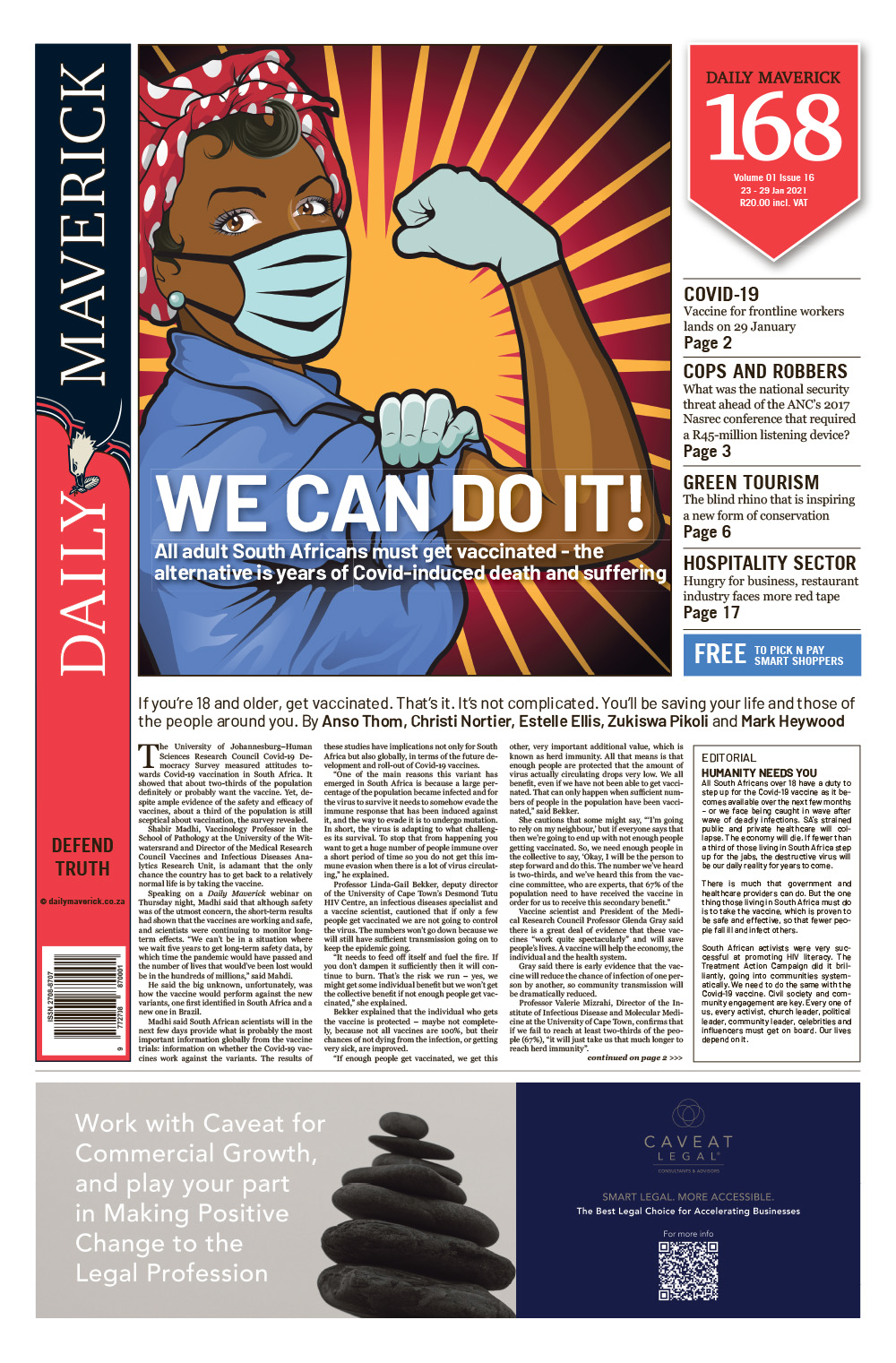First published in the Daily Maverick 168 weekly newspaper.
Usually, a US fiscal stimulus package of almost $2-trillion would give markets and investors cause for celebration. Surely another $1,400 cheque posted to every American to be spent on new barbecue sets, an Xbox or a Michael Kors handbag would give further impetus to equity markets?
Instead, after the Democratic victory in Georgia, which has handed control of both houses and given almost untrammelled power to recently inaugurated President Joe Biden, markets have shrugged in the last two weeks and gone slightly lower.
The effects of this stimulus on markets have been widespread. The tech megacaps such as Tesla and Amazon, which have enjoyed a truly vertigo-inducing rally over the past year, have struggled. Commodities, of the kind thatshould benefit from infrastructure such as copper, have risen in value, as have shares in companies such as John Deere and Caterpillar. Crude oil touched $56 for the first time since before the pandemic.
But perhaps the most important effects have been on the US government bond market.
An additional $2-trillion of government debt needed to fund this stimulus has led investors to expect sharply increased supply in US treasuries, as well as the potential for higher inflation, which has led to selloffs across the US yield curve but particularly at the longer end as the curve steepens.
Conversely, this may have the effect of reversing the “everything” yield that equities have enjoyed over the past 10 months. Could the surge of liquidity into equities have partly been thanks to all-time-low interest rates, meaning lower discount rates and higher equity valuations, but also to yield-starved investors having to look elsewhere for returns than treasuries?
Once the “risk-free” rate increases, major global institutional investors will be relieved to be able to exit such lofty equity valuations and retreat to the safe haven of US treasuries.
Of course, this should mean that US
interest rates will have some embedded ceiling for the medium term as investors move back into the market, but – especially at the long end – we could expect to see rates rise further.
“A lot of assets have been built on the prospects of extremely low interest rates for the foreseeable future,” said Mike Stritch, chief investment officer at BMO Wealth Management, in an interview with the Financial Times. “In terms of financial risks to equity markets, we think rising long-term rates [are] one of the big ones.”
How could this affect SA markets?
The short answer is: profoundly. Although South African equity markets did not enjoy the same stratospheric returns as the US in 2020, particularly if you exclude the foreign counters such as Prosus and Richemont, there is no doubt that investors did start to look towards emerging markets such as SA in the face of ultra-low US yields.
The JSE enjoyed a stellar end to 2020, as did the rand and South African 10-year government bonds, which rallied from more than 9.5% to a recent low of 8.6% in early January. Yields move inversely to prices.
Since then, however, things have turned somewhat. Conversely, a stimulus for the US economy, which should improve the fortunes of the global economy, may be a bad thing for South African assets, which have been propped up by low yields in the US.
South African investors should therefore be careful of a change in fortunes from this nascent recovery in SA assets, especially as a second wave of Covid-19 threatens to further dim the outlook for the South African economy.
2021 may be a new year but, at least for South African investors, it does not at this point look like being an easier one. DM168
This story first appeared in our weekly Daily Maverick 168 newspaper which is available for free to Pick n Pay Smart Shoppers at these Pick n Pay stores.


















 Become an Insider
Become an Insider
The world has changed. We are now oldies who don’t replace our old rubbish and rarely want to go anywhere. Work is done by robots. Oligopoly capitalism has garnered vast amounts of capital. There is no use for this capital. There is no new objects to make and sell for profit. Kids will produce new apps but that is not going to fuel the economy. Interest rates and return on capital will remain low if not in negative territory. We are in the midst of the great deflation.